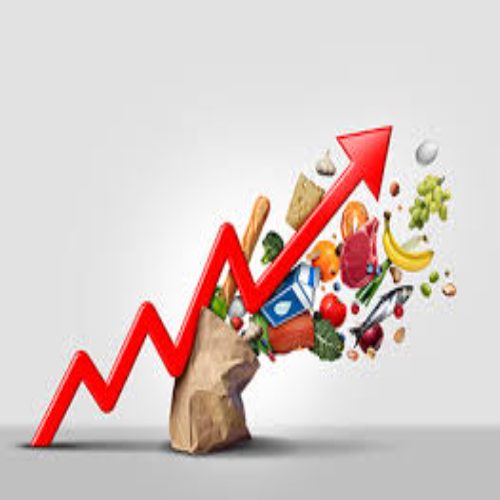
Nigeria’s inflation rate decreased to 33.4% in July 2024, down from 34.19% in June 2024, marking the first drop since December 2022, according to the latest report from the National Bureau of Statistics (NBS).
The Consumer Price Index (CPI) report for July revealed a decline of 0.79 percentage points from June 2024, indicating a reduction in the headline inflation rate.
However, when compared year-on-year, the inflation rate for July 2024 was 9.32 percentage points higher than the 24.08% recorded in July 2023, showing a year-over-year increase.
On a month-to-month basis, the inflation rate for July was 2.28%, slightly lower than the 2.31% seen in June.
The NBS report noted that in July 2024, the inflation rate had dropped to 33.4% compared to June’s 34.19%, with a year-on-year increase of 9.32 percentage points.
Urban inflation in July 2024 stood at 35.77%, up 9.94 percentage points from the previous year, with a month-on-month rate of 2.46%, showing a slight decrease from June. The 12-month average for urban inflation was 32.89%, higher than 22.87% in July 2023.
Rural inflation, on the other hand, was 31.26% year-on-year in July 2024, up 8.77 percentage points from the previous year. The month-to-month rate for rural inflation was 2.10%, a slight drop from June’s 2.17%. The 12-month average for rural inflation was 28.86%.
Food inflation in July 2024 was recorded at 39.53% year-on-year, an increase of 12.55 percentage points from 26.98% in July 2023. This was primarily due to rising prices of items such as Semovita, Yam flour, Wheat flour, and other foodstuffs, including oils and beverages like Milo and Bournvita. Month-on-month, food inflation dropped slightly to 2.47%, down from 2.55% in June. This decline was driven by slower increases in the prices of various food items.
The 12-month average for food inflation at the end of June 2024 was 36.36%, a sharp rise from 24.46% in the previous year.


